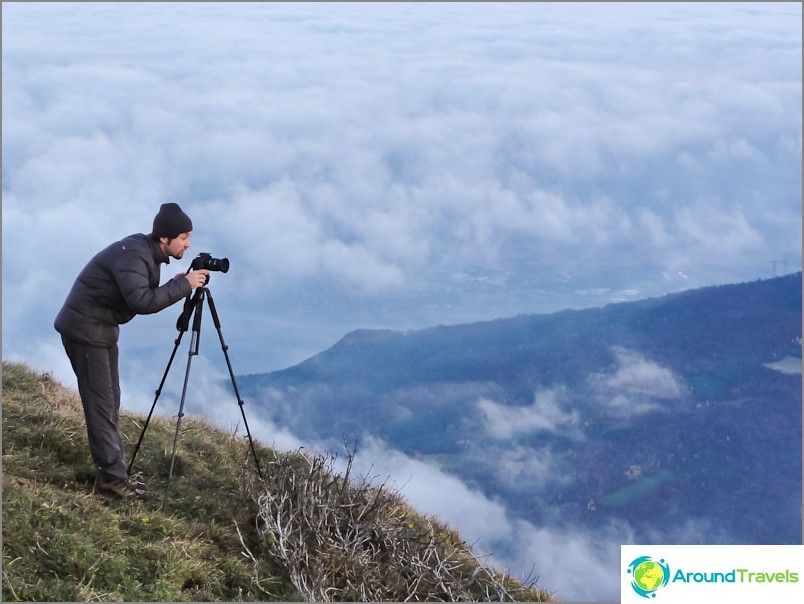When we go on vacation to the sea, to the mountains or to the most beautiful cities in the world, we definitely take a camera with us. I would like not to miss a single moment, to capture all the beauties of nature and architecture, while you still need to go on many excursions, buy souvenirs for family and friends or a trendy dress on sale, in a word - time flies on a trip. And when we return home and gather all our friends to view the footage, we are surprised to notice that our photographs do not convey even a hundredth of the beauties that we have seen. Why? How other photographers manage to get wonderful pictures that motivated you to travel?

Getting ready to shoot
1. We shoot in the morning or in the evening. Bright daylight is the enemy of good photography. Everyone squints, the colors are faded, any architectural structures and natural landscapes are distorted. Remember that the ideal time to shoot is either early morning or sunset..
2. Looking for the unexpected. Why do you need one hundred and thirty-third image of the Cheops pyramid from this angle? It is boring and depressing, everyone has seen this for a long time. Look for new and unexpected places, angles and approaches to your subject. Be creative and don't be afraid to experiment.
3. The main thing in a trip is to feel the spirit of this city or sight. Try to convey it in photographs. Take pictures of the locals, add color, and focus on a separate detail: a ray of sun reflected in the rubbed floor of an empty church, local handicrafts on the shelves of a flea market, in a word, try to translate into a photo the most important thing that you noticed in this area.
4. Buy a polarizing filter. You can buy a lot of useful or not so things: a fridge magnet, dishes, during the tour it is very simple. But a polarizing filter should be purchased before traveling. It is he who provides the transparency of the sea depths and the piercing blue sky in the photographs of famous photographers, it is with his help that reflections are eliminated. You can also get deeper and richer images by attaching a filter to your lens..
5. Practice night photography. Moonlight turns the surrounding world into a magical and unfamiliar fairy tale. Try to use this for shooting well-known monuments and architectural structures..
6. Plan your day. If you see something interesting during the day, mark the spot and return at sunset armed with your camera and tripod. By the way, some people successfully use a stone, a pack of cigarettes and just any flat surface instead of a tripod..


